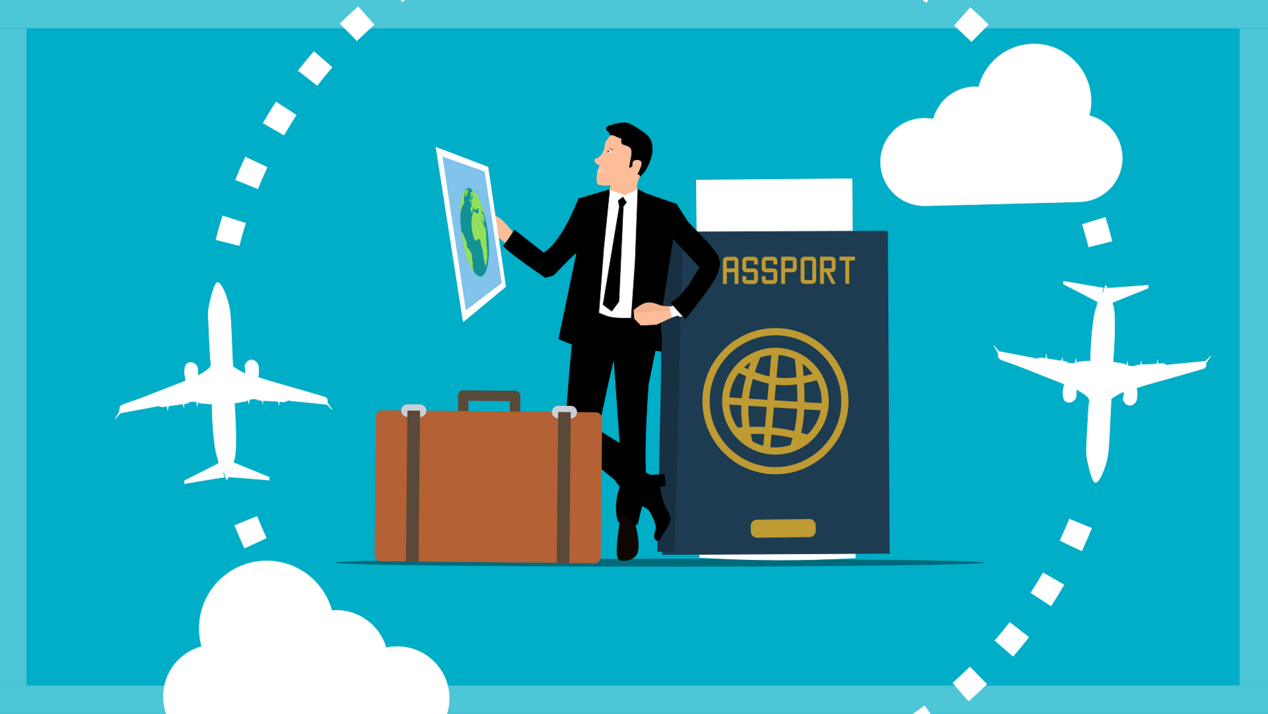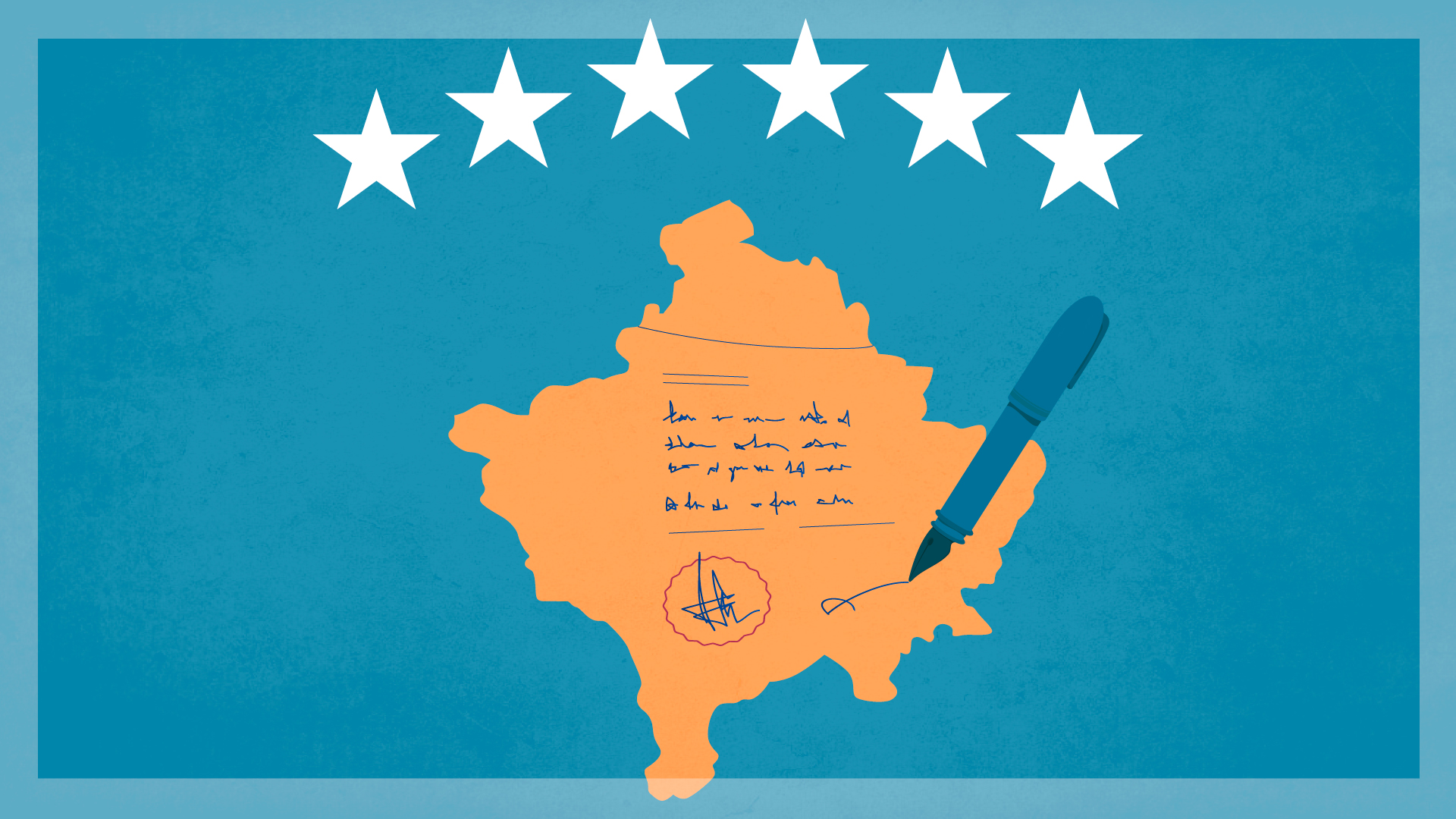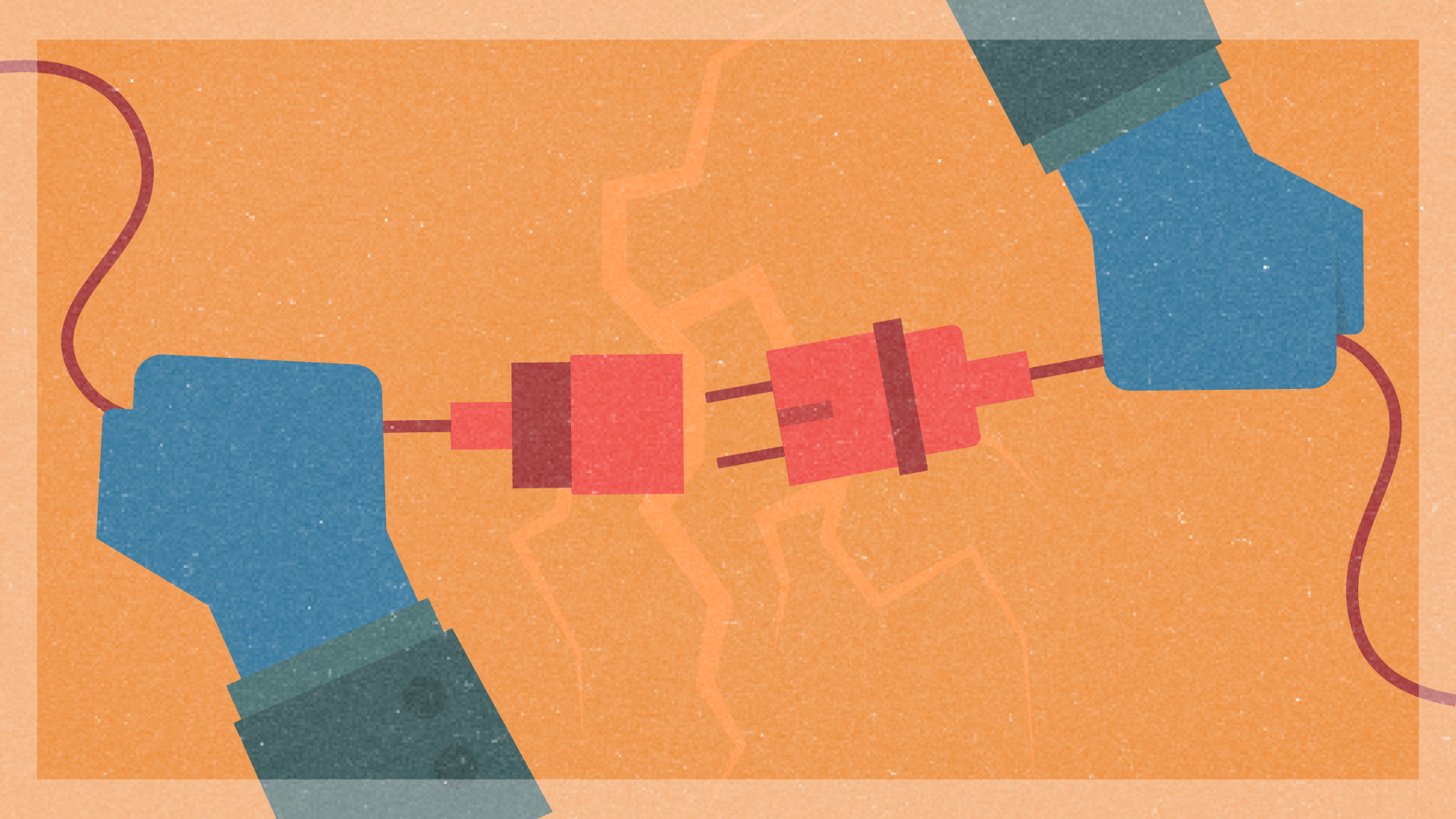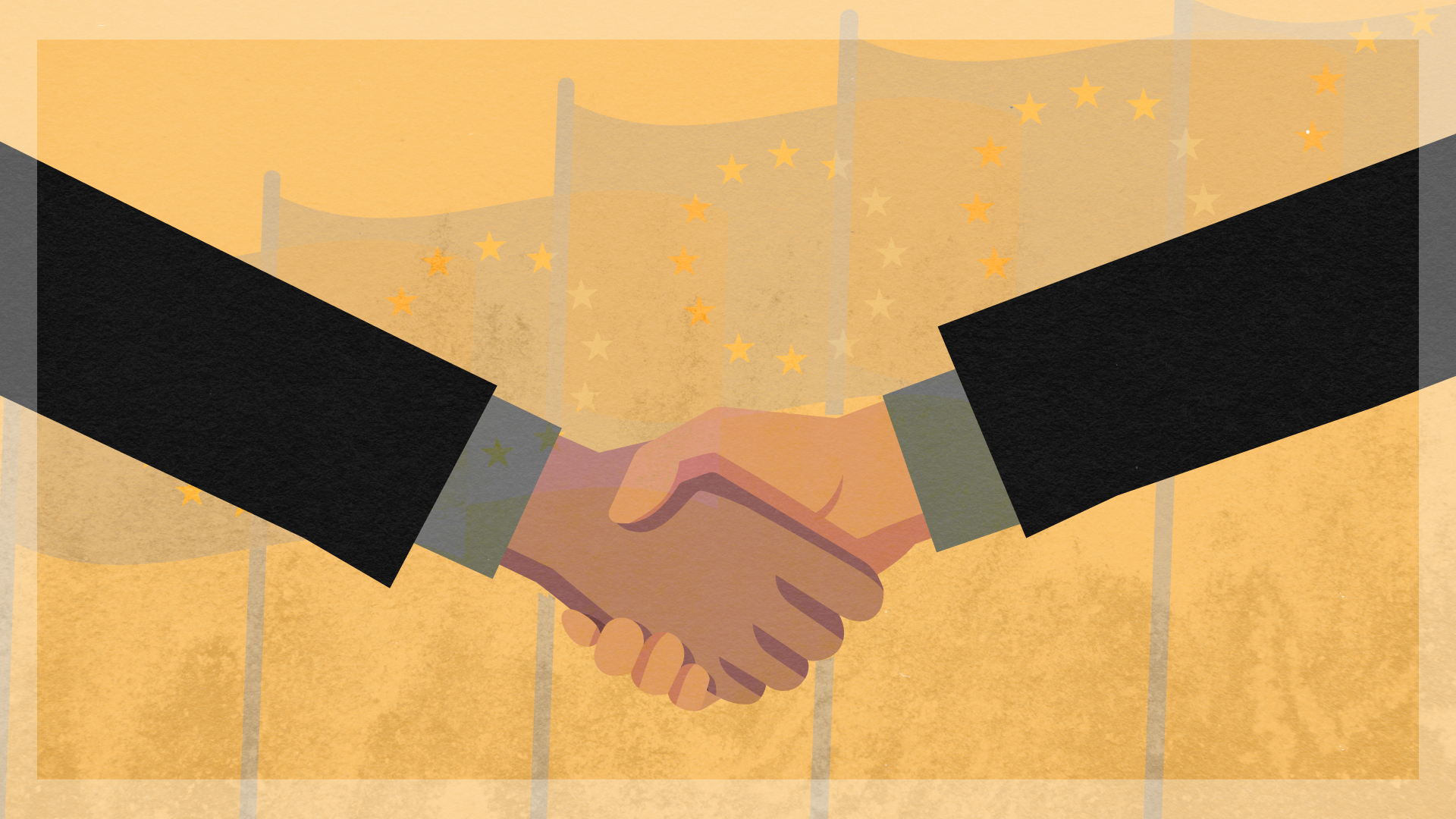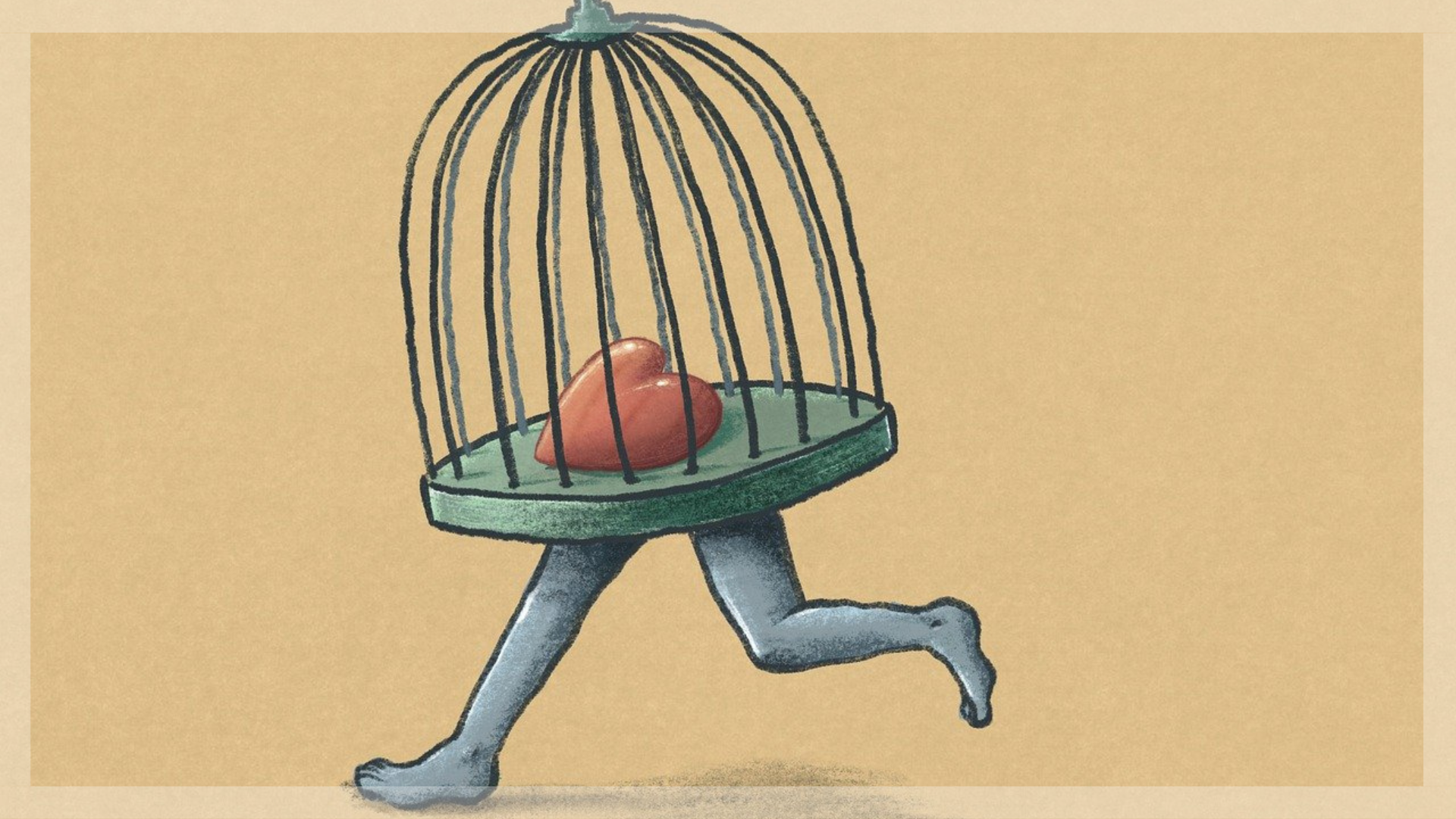What do you think when you read or hear the word Kosovo? War? Crime? Corruption? Probably a little bit of everything. This is especially true for the Germans, and it is no coincidence. After all, it was the Kosovo war in the spring of 1999 in which the German Air Force and the Bundeswehr set out on a combat mission for the first time since the Second World War and, together with NATO allies, attacked the troops of the dictator Milosevic in order to liberate Kosovo from the murderous Serbian occupation. It was a shock, and to this day the word Kosovo evokes associations of fear and war.
Kosovo repeatedly triggers associations of fear in German society.
I wrote at the time: "Whether Germany likes it or not, Kosovo is part of its history." In fact, Kosovo repeatedly triggers associations of fear in German society. It is therefore not surprising that the German political extremes in particular – both the right-wing AfD and what is remaining of the Linken party on the left– continue to stir up fears of war, crime and corruption when talking about Kosovo.
Nowhere else in the Balkans are there such heated debates about the right to same-sex marriage as in Kosovo. Kosovo companies, especially in the IT sector, supply American and European companies. At the same time, EU member states have made it so difficult for the state of Kosovo to give birth and delayed it for so long. Spain, Greece, Slovakia, Cyprus and Romania are sceptical because they either have to contend with separatist provinces themselves or are closely tied to Serbia, Russia's extended arm, and continue to refuse to recognise Kosovo.
Nowhere on the Balkan Peninsula do voters put a government or a mayor in their place more ruthlessly than in Kosovo. In 15 years of this vital democracy, Kosovo has had seven governments.
However, the Europeans involved in Kosovo, both soldiers from NATO member states in the peacekeeping mission and the many foreign officials, once the real "founders of the state", continue to cherish an unconditional love for Kosovo and its people.
The same is true of the large Kosovar diaspora, which maintains a substantial and deep economic and cultural connection to its birthplace. No country in the Western Balkans can count on a more vibrant diaspora than Kosovo. About one million Kosovars live abroad – a consequence of apartheid under the Serbian Milosevic regime in the 1990s and then the war of 1998/1999, when Kosovar refugees were forced to leave their country.
After the end of this war in the summer of 1999, quite a few Kosovars continued to live in Western Europe and the United States, while NATO ensured peace at home. At the same time, the UN, with its gigantic administration, helped to build the state infrastructure until Kosovo declared independence after talks led by former Finnish President Martti Ahtisaari.
While Kosovo was busy establishing its own statehood, other countries in the region were admitted to the EU, namely Slovenia and Croatia, and others at least enjoyed visa-free travel in the Schengen area – Serbia and Montenegro since December 2009 and North Macedonia, Bosnia and Herzegovina since December 2010.
Spain, Greece, Slovakia, Cyprus and Romania are sceptical because they either have to contend with separatist provinces themselves or are closely tied to Serbia.
Kosovo started talks with the European Commission on the free movement of its citizens in 2012 – four years after the declaration of independence. In parallel with the mediation in Brussels, talks began with Belgrade on the settlement of relations between the two states, in particular the position of the Kosovo Serbs in the north of the country.
Although all parties involved in these negotiations – Pristina on the one hand and the EU on the other – have always stressed that the success of these talks would not be a condition for visa liberalisation, there has always remained a shadow of doubt: whether the EU did not want to use the longed-for freedom of travel as a carrot – or its refusal as a stick. It was the only means of pressure Brussels had at its disposal in the dialogue between Pristina and Belgrade. There is no other explanation for the fact that member states – and Paris and Berlin in particular – found "reasons" not to implement the recommendations of the European Commission and the European Parliament since 2018. It was clear that the Kosovars had fulfilled the conditions for visa-free entry to Europe.
The motive became evident this year, when the current Prime Minister of Kosovo, Albin Kurti, rejected an agreement with Belgrade on the "normalization of relations" between Kosovo and Serbia and, in particular, the community of Serb-Majority Municipalities. Suddenly, technical talks between Brussels and Pristina on the implementation of visa liberalisation were ruled out.
It was only when it became clear that Kurti did not give in to the threat to further delay liberalization that Berlin and Paris gave the "blessing" to the travel permit. There was too much shame in Europe that a people and a country had been set back in this way. In return, however, the EU states imposed sanctions on Kosovo and the Kurti-led government and denied the country access to European funds for the Balkans.
Kosovo was the only country in Europe whose citizens could not move freely. Even citizens from more distant countries, such as Ukraine, Georgia and Moldova, can enter the Schengen area and stay there for 90 days.
Even citizens from more distant countries such as Ukraine, Georgia and Moldova can enter the Schengen area and stay there for 90 days.
Kosovo was like a prison from which no one could get out without being provided with tourist visas, business connections or places to study. At the German and Swiss consulates, they can tell you a thing or two about the long queues of Kosovars waiting for their visas.
According to a study by the Gap Institute, one of Kosovo's most influential think tanks, Kosovars have spent no less than €180 million over the past two decades to submit visa applications to EU member states' consulates in Pristina. With this delay, which is as inexplicable as it is shameful, the European Union and, above all, Germany, have severely punished the Kosovo-German community.
In fact, Albanians and citizens of the Western Balkans in general, who live in Germany and elsewhere in Europe, are also at home there – and thus invisible. This fact is often forgotten, both by business and politics, but also by the media. More than two and a half million Croats, Slovenes, Kosovars, Serbs, North Macedonians and Montenegrins live in Germany alone. Many of them came here as politically persecuted or war refugees from the former Yugoslavia.
More than two and a half million Croats, Slovenes, Kosovars, Serbs, North Macedonians and Montenegrins live in Germany. Many of them came here as politically persecuted or war refugees from the former Yugoslavia.
While most of them had the opportunity to plan their relocation, to wait, to choose an opportune time and to follow their relatives, to get to know Germany and Europe a little, to visit restaurants or museums there, to test out possibilities for studying or professional opportunities, the Kosovars were denied the all-important preparation. Since January 1, 2024, Kosovo is also coming! Finally, the old continent no longer has any borders for Europeans.


